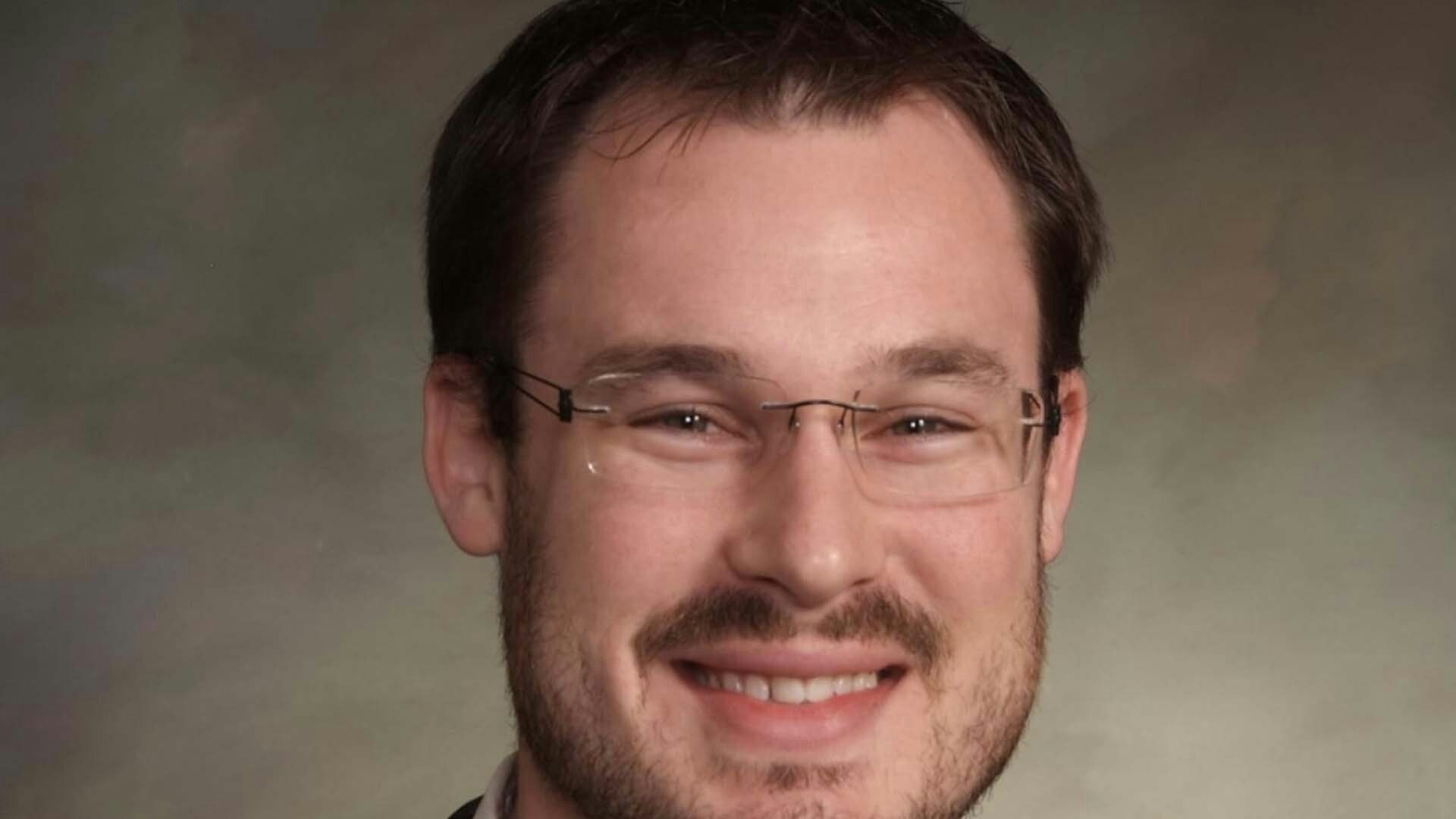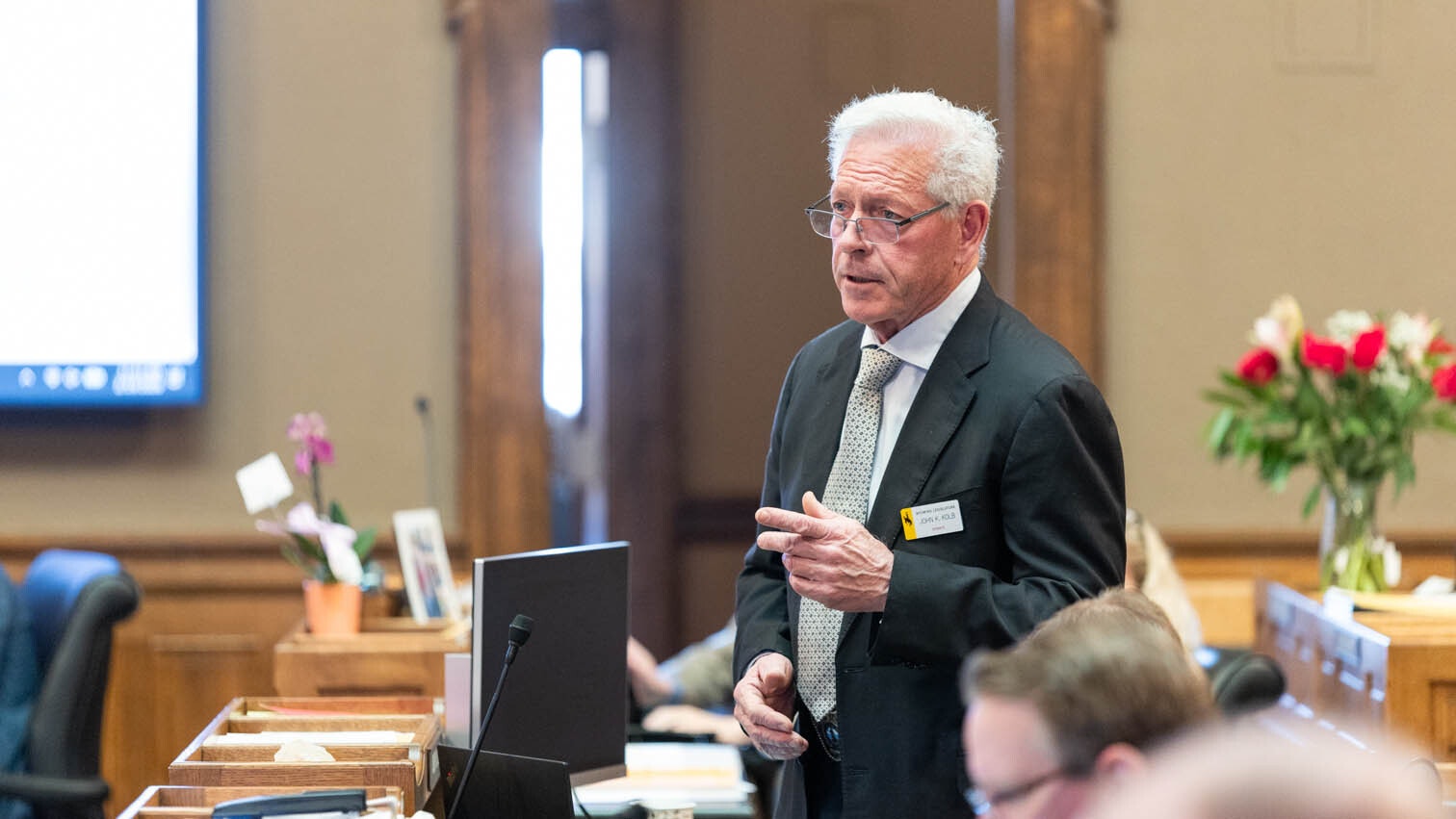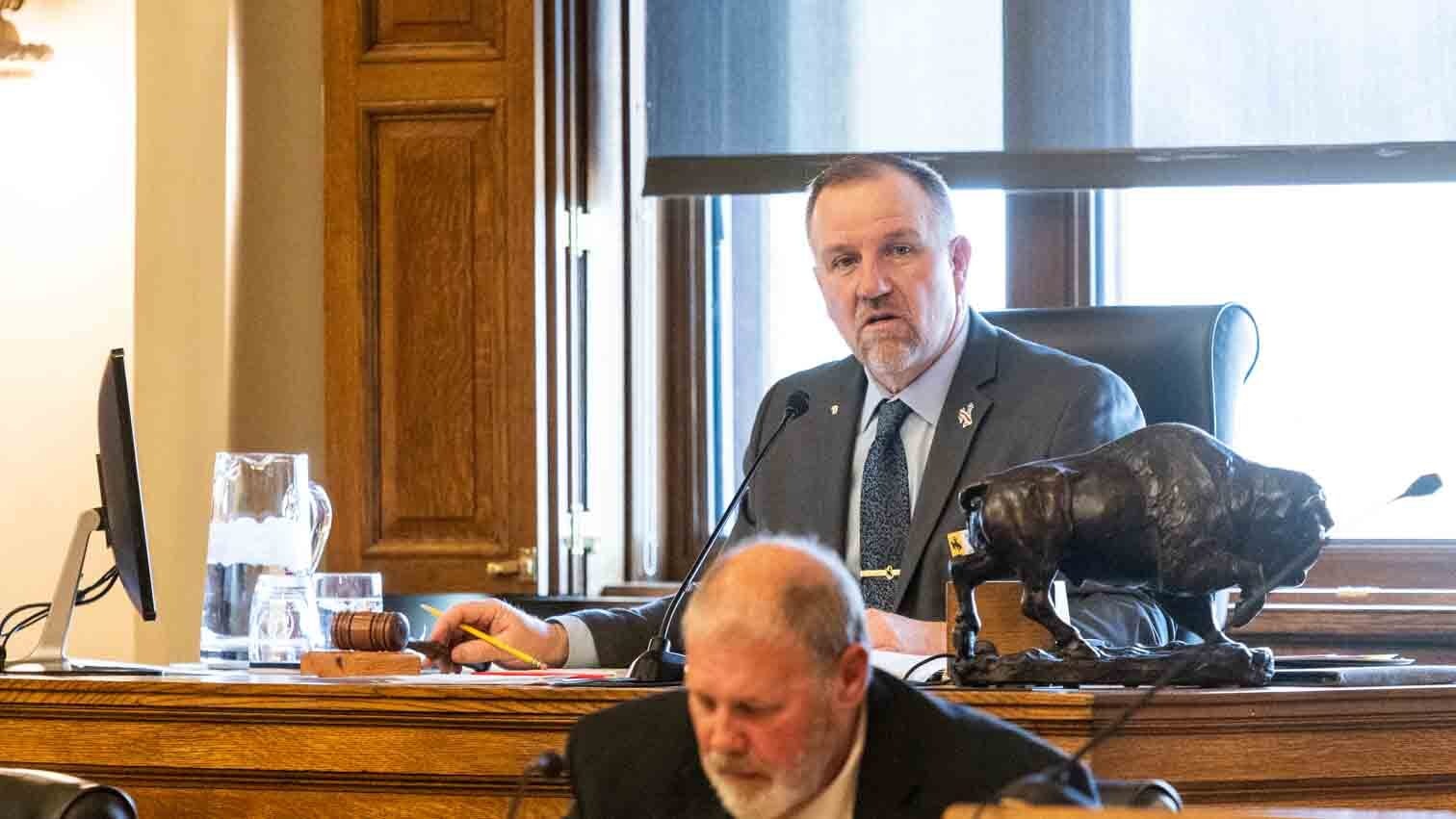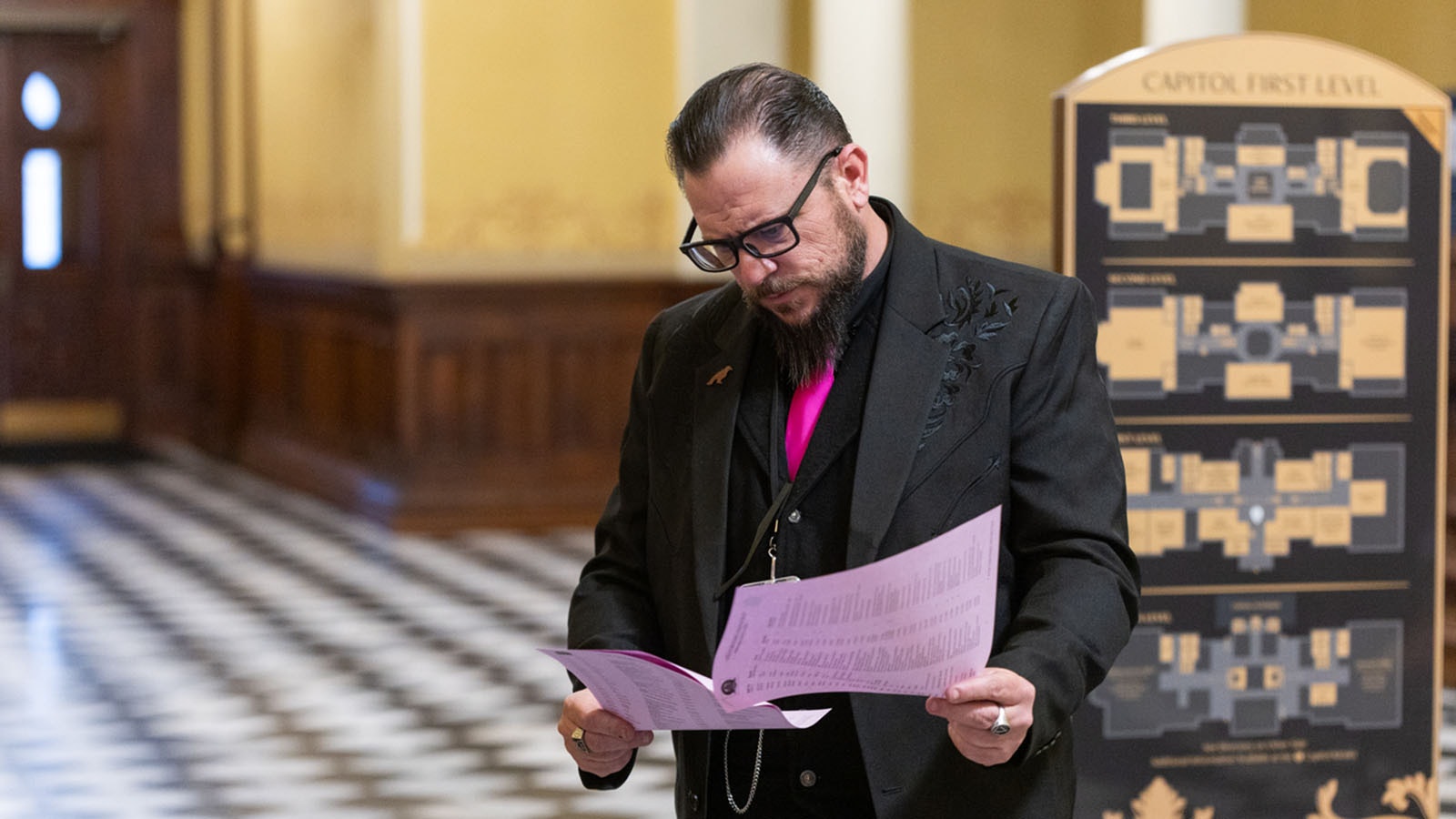As Gov. Mark Gordon moves to ease restrictions put in place because of COVID-19, some Wyomingites question whether the restrictions were ever the right response.
Larry Herdt, a 63-year-old Wyoming native living in Casper, said requiring businesses to close was a step too far, no matter how dangerous coronavirus is.
“Closing down businesses and all this stuff — to me it’s infringing on people’s rights,” Herdt said. “(Gordon) never asked people how they would mitigate it (in their businesses), and I think that should have been his first step.”
In Wyoming’s northeastern corner, Rep. Scott Clem, R-Gillette, wrote an open letter to Gordon, calling for businesses and schools to reopen weeks ago.
“We’re citizens in this country, not subjects,” Clem told Cowboy State Daily. “To see China respond to this in a very authoritarian and draconian way was not surprising. But when we had governors here in America, like sheep, follow the China model, I was not expecting that.”
Wyoming did not impose strict stay-at-home orders like some states, which Clem applauded, but he said he felt the state still went too far in restricting residents’ ability to work.
“I think we ought to start reopening today and tomorrow,” he explained. “I think the cosmetologists, barbers, tattooists … should be open today.”
Herdt expressed similar sentiments, adding bars and restaurants to the mix.
“I’m not a bar person, but I eat in a lot of bar-and-grill places, and I think they should be able to make their own decisions,” he said. “To me, what (Gordon) did was unconstitutional.”
On March 13, Gordon declared a state of emergency in response to the COVID-19 pandemic, followed by a statewide public health order to close bars, restaurants, theaters, gymnasiums, child care facilities and schools in an attempt to limit the virus’ ability to spread among congregated people.
While Gordon issued an advisory for residents to stay at home, the governor did not order them to do so.
Clem said during these unprecedented times, he felt Gordon was doing the best he could, but closing businesses overstepped the Constitution by quarantining healthy people, rather than just the sick.
“We give pretty broad statutory authority to our public health officer to deal with these kinds of pandemics,” he said. “But upon looking at those statutes, it’s clear to me those statutes have more to do with quarantining sick individuals than healthy individuals. For me, that’s the disproportionate response.”
While Clem acknowledged the severity of the pandemic and the need to cater a response to prevent the state’s health care facilities from being overwhelmed, Herdt said he viewed threats posed by COVID-19 as part of the natural course of life.
“Walking out the door is a risk,” Herdt said. “With all the pathogens in the air, you’re going to get sick no matter what.”
Although he said he doesn’t believe the fatality numbers broadcast in the media, Herdt explained people should have the right to take the risk if they so choose.
With recovered cases in Wyoming topping 300, Clem said he believed the state’s efforts flattened the curve, preventing hospitals from being overburdened and allowing the state to stockpile ventilators and personal protective equipment for dispersing to areas should the need arise. Now, Wyoming should turn its attention to the next crisis — the economy, he said.
“We haven’t gone off the rails in suppressing our economy, but I think we’ve gone too far,” Clem explained. “I’m reminded that our health experts are not economic experts, and we need to listen to both.”





